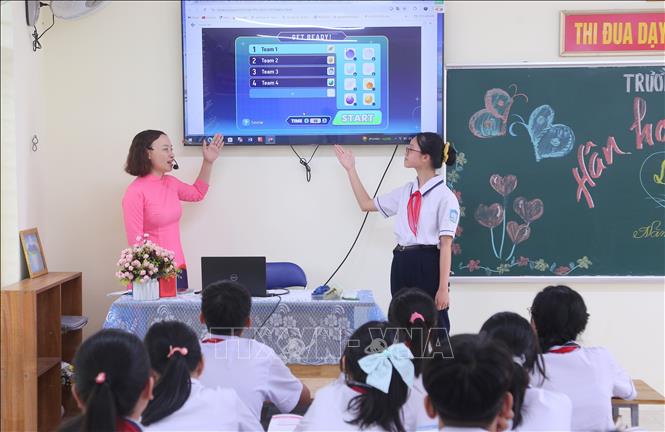
According to the Ministry of Education and Training, the Education Law No. 43/2019/QH14 was passed by the 14th National Assembly on June 14, 2019, consisting of 9 chapters and 115 articles, officially taking effect from July 1, 2020 and replacing the 2005 Education Law and the 2009 Law amending and supplementing a number of articles of the Education Law. During its implementation, the Education Law has contributed to creating an important legal corridor for the development of the national education system. However, practice has also shown a number of shortcomings and limitations that need to be further reviewed, amended and supplemented, especially in the context of increasingly deep international integration and digital transformation as it is today. In particular, a number of articles proposed by the Ministry of Education and Training to be amended and supplemented in the draft have a direct impact on learners.
Amendment and supplement to Article 6 on the National Education System
According to the draft, the Ministry of Education and Training proposes to amend and supplement the regulations on the national education system in the direction of clearly defining the levels of education of the national education system including: Preschool education; General education; Vocational education and Higher education. The amendment does not affect the regulations on education levels and training qualifications for related articles in the entire current Law.
The new points in this regulation are: Adding Vocational Secondary School as a level of education, no secondary school (changed to Vocational Secondary School: a program integrating knowledge of High School). No secondary school diploma is granted (replaced by Vocational Secondary School diploma); Defining university education to ensure consistency in the system. Thus, in the Vocational Secondary School program, students have 2 options: being granted a primary vocational certificate or a secondary vocational certificate. Students who finish grade 9 have 3 options: Entering High School; Studying Vocational Secondary School with a Primary Certificate; Studying Vocational Secondary School with a Secondary Vocational Certificate.
The Ministry of Education and Training believes that the above amendments and supplements will create opportunities for learners to have more choices after lower secondary school; create opportunities for lifelong learning, etc. This system will be consistent with UNESCO's systemic approach.
Amendment of regulations on diplomas and certificates
The draft also proposes to abolish the junior high school diploma and assign the authority to the principal of the junior high school and the head of the educational institution implementing the junior high school education program to confirm the completion of the program instead of the Head of the District Department of Education and Training granting the junior high school diploma; assign the authority to the principal of the high school and the head of the educational institution implementing the high school education program to grant the high school diploma instead of the Director of the Department of Education and Training granting the diploma.
The above amendments are consistent with reality, thoroughly implementing decentralization and delegation of authority, complying with the principle of "where training is provided, where degrees are granted", in line with international practice. This also ensures consistency with the policy of organizing two-level local governments, in line with the goal of universal education and international trends. Currently, many developed countries (USA, Canada, UK, Australia, Finland) do not issue lower secondary school diplomas but use the Principal's confirmation of the learning results in the lower grades to consider studying at higher levels or to stream. Confirmation of completion of the lower secondary school program does not affect the rights and obligations of learners.
Amendment and supplement of regulations on textbooks and educational materials
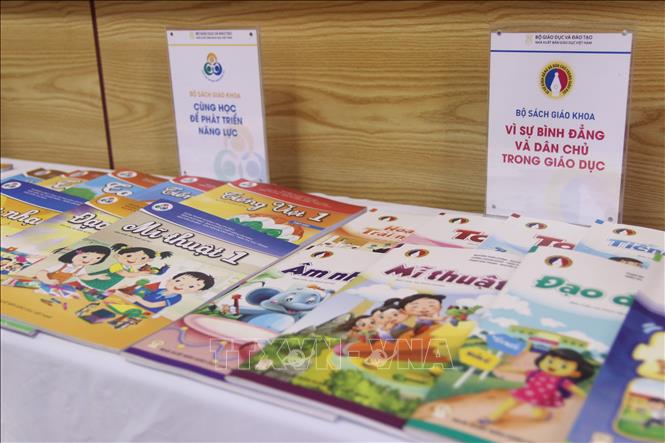
The detailed provisions in the current Law on the composition and standards of the National Council for Textbook Appraisal, on the specific responsibilities and tasks of the Minister of Education and Training (prescribing standards and procedures for compiling and editing general education textbooks; prescribing the selection of textbooks in general education institutions; prescribing tasks, powers, methods of operation, standards, number and structure of members of the National Council for Textbook Appraisal and provincial-level appraisal councils) are also expected to be omitted.
The Draft Law provides general provisions: The National Council for Textbook Appraisal is prescribed by the Minister of Education and Training.
The omission of detailed regulations aims to implement decentralization and delegation of authority, assigning the compilation of "Local Education Documents" to the Director of the Department of Education and Training; transferring approval authority from the Minister of Education and Training to the Chairman of the Provincial People's Committee.
Amending this regulation is also consistent with the functions and tasks of each agency; implementing the reduction of administrative procedures according to the general direction of the Prime Minister (no longer having to submit to the Minister of Education and Training for approval). In addition, this overcomes the shortcomings of the current Law: Article 32 is titled "textbooks" but the content of the Article also regulates "local educational materials". According to the provisions of the 2023 Price Law (Appendix No. 2), the Ministry of Education and Training is responsible for determining the maximum price for textbooks. The provisions in Article 32 of the Education Law lead to the fact that local educational materials are also understood as textbooks, and the Ministry of Education and Training is also responsible for determining the maximum price for these materials, which is not consistent with practice and unreasonable. Therefore, the Law is amended in the direction of separating the provisions on local educational materials into a separate clause, not included in the provisions on textbooks.
Amendment and supplement of regulations on tuition exemption
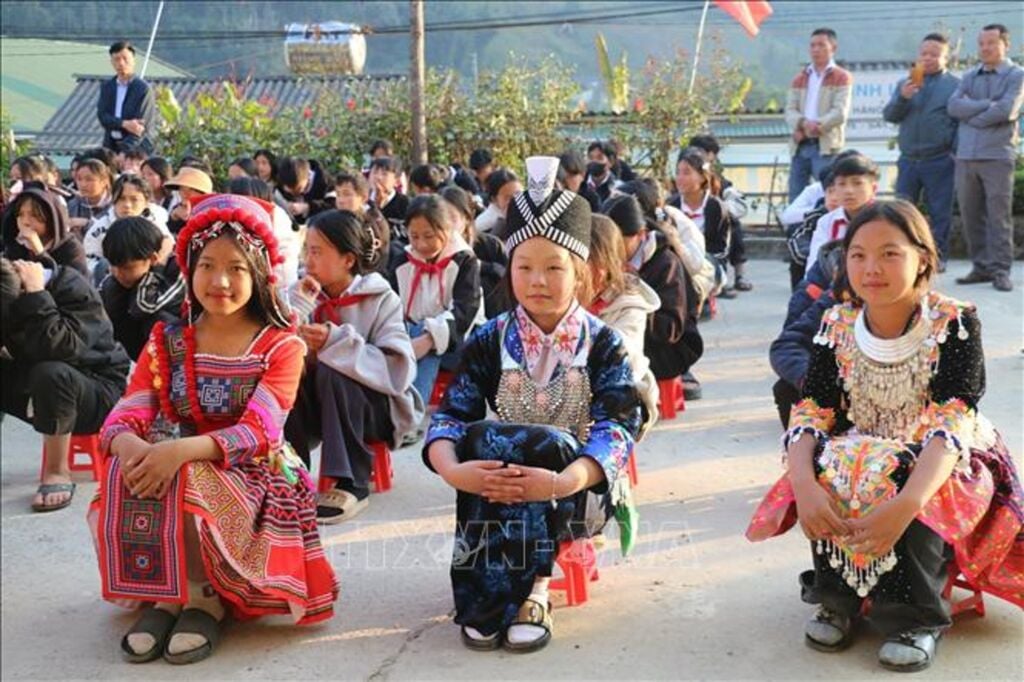
In the draft, the Ministry of Education and Training proposed to amend and supplement regulations on tuition exemption for preschool children and high school students in public schools, and tuition support for preschool children and high school students in private educational institutions (Article 99).
This amendment and supplement aims to implement the conclusion of the Politburo in Official Dispatch No. 13594-CV/VPTW dated March 3, 2025 of the Central Party Office at the meeting on February 28, 2025. At the same time, clarify the content of "educational support services" (supplementing the content of Clause 2, Article 99): Educational support services include the provision of educational services but not teaching services to support the educational system or methods that do not coincide with the activities guaranteed by the state budget or tuition revenue sources, then the collection level is determined according to the principle of calculating correctly and fully the costs.
Estimated resources to implement the tuition exemption policy from the central budget, local budget and other legal resources.
For the policy of universalizing preschool education for children from 3 to 5 years old, the Government ensures financial resources for implementation, including additional state budget in addition to 20% of total expenditure on education and training according to the Law on Education; socialized education capital and other legally mobilized capital sources.
Source: https://kontumtv.vn/tin-tuc/van-hoa-the-thao/de-xuat-sua-doi-mot-so-noi-dung-con-bat-cap-han-che-trong-luat-giao-duc


![[Photo] President Luong Cuong awarded the title "Heroic City" to Hai Phong city](https://vphoto.vietnam.vn/thumb/1200x675/vietnam/resource/IMAGE/2025/5/13/d1921aa358994c0f97435a490b3d5065)
![[Photo] President Luong Cuong attends the inauguration of the international container port in Hai Phong](https://vphoto.vietnam.vn/thumb/1200x675/vietnam/resource/IMAGE/2025/5/13/9544c01a03e241fdadb6f9708e1c0b65)
![[Photo] Prime Minister Pham Minh Chinh receives Ambassador of the French Republic to Vietnam Olivier Brochet](https://vphoto.vietnam.vn/thumb/1200x675/vietnam/resource/IMAGE/2025/5/13/f5441496fa4a456abf47c8c747d2fe92)

![[Photo] Many people in Hanoi welcome Buddha's relics to Quan Su Pagoda](https://vphoto.vietnam.vn/thumb/1200x675/vietnam/resource/IMAGE/2025/5/13/3e93a7303e1d4d98b6a65e64be57e870)
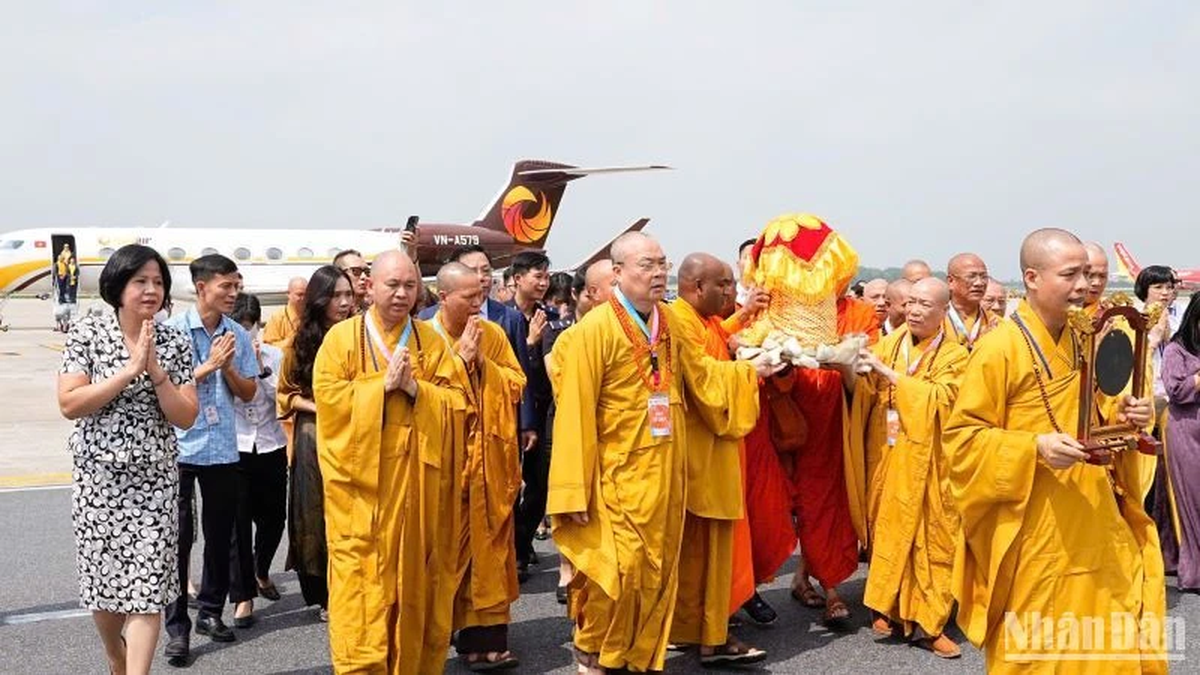

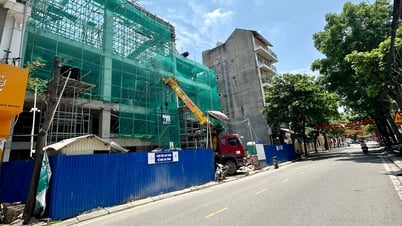

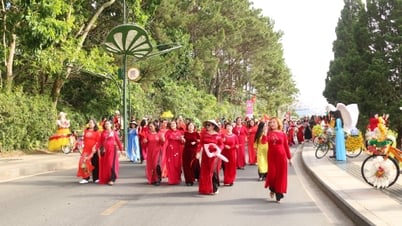







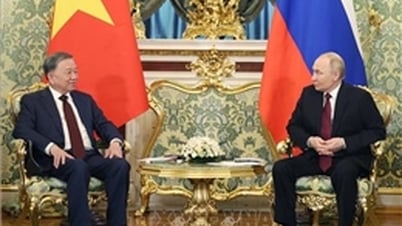
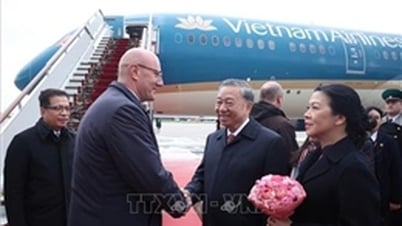
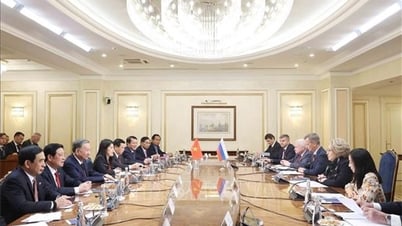
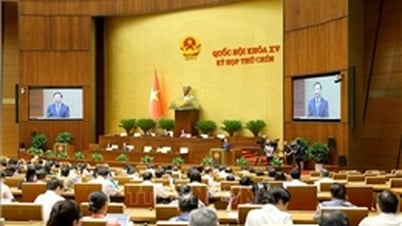
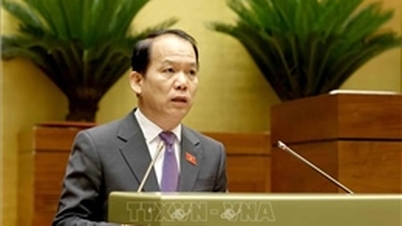





















































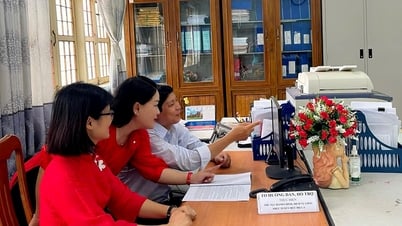

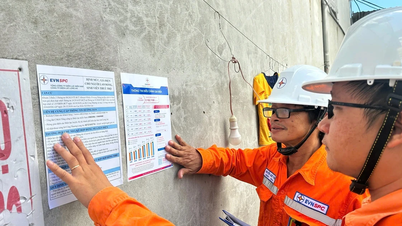












Comment (0)